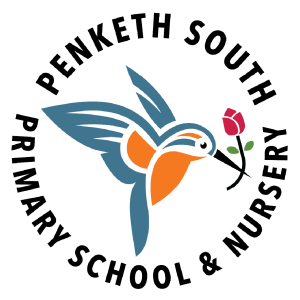Our Vision
Our Vision defines our strategic direction and purpose, focusing on our goals for our learners. Through our warm, caring, child-led approach we will:
- Recognise all learners as confident, capable individuals who feel valued and respected.
- Provide a bespoke and personalised curriculum to meet the needs of all learners.
- Provide a responsive enviornment that stimulates imagination and sparks curiosity and wonder.
- Foster a culture of celebration where all successes are recognised.
- Become a community of learners, learning alongside each other. Parents and practitioners will develop close relationships to achive the best possible outcomes for all.
- Start our jouney together as the first steps are often the most important.
What is the Early Years Foundation Stage Statutory Framework?
The Early Years Foundation Stage (EYFS) sets the standards for the learning, development and care of children from birth to 5 years old. All schools and Ofsted-registered early years providers must follow the EYFS, including childminders, nannies, after school care, preschools, nurseries and school reception classes. The Early Years Foundation Stage (EYFS) Framework is the core document for all professionals working in the foundation years. It supports an integrated approach to early learning and care. It gives all professionals a set of common principles and commitments to deliver quality early education and childcare experiences to all children.
What will my child be learning?
The Curriculum that we teach in EYFS meets the requirements set out in the Early Years Foundation Stage Framework.
The EYFS Framework outlines 7 areas of learning and development and educational programmes.
There are 3 Prime Areas, which are particularly important for your child’s development and future learning:

- Personal, Social and Emotional Development
- Communication and Language
- Physical Development
There are 4 Specific Areas, through which the prime areas are strengthened and applied:
- Literacy
- Maths
- Art & Design
- Understanding the World
The classroom environment and activities are suited to your child’s unique needs and teach children holistically. Importantly, children will have long periods of uninterrupted play. Research has shown this develops creativity, imagination, problem solving and a concentration span that they take with them to adulthood.
How will my child be learning?
Children learn and develop through play in the Early Years displaying the ‘Characteristics of Effective Learning’. These are playing and exploring, active learning and creating and thinking critically.
Children will play for long periods inside and outside, during this time practitioners will carefully facilitate their play to move their development onto the next stage. They will observe children and plan their next steps, often in the moment. The EYFS recommends a balance of child-initiated learning and adult-initiated learning therefore there will be times when adults initiate learning in small groups for example during story time or circle time.
Assessment
Assessment plays an important part in helping us to recognise children’s progress, understand their needs and to plan activities and support.
Your child’s progress will be reviewed formally when they’re between 2 and 3. This progress check is a summary of your child’s development in the prime areas. When your child starts reception class there is a short baseline assessment. In the final term of the reception class an EYFS profile is completed for every child. This assessment is based on classroom observation, your child won’t be tested. It uses the early learning goals, which can be found in the Early Years Framework. This profile provides a picture of children’s knowledge, understanding, abilities and attainment against expected levels.
Where can I go for further information?
You can find more information including the early learning goals at Statutory framework for the early years foundation stage for group and school providers (publishing.service.gov.uk)

